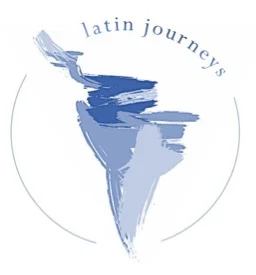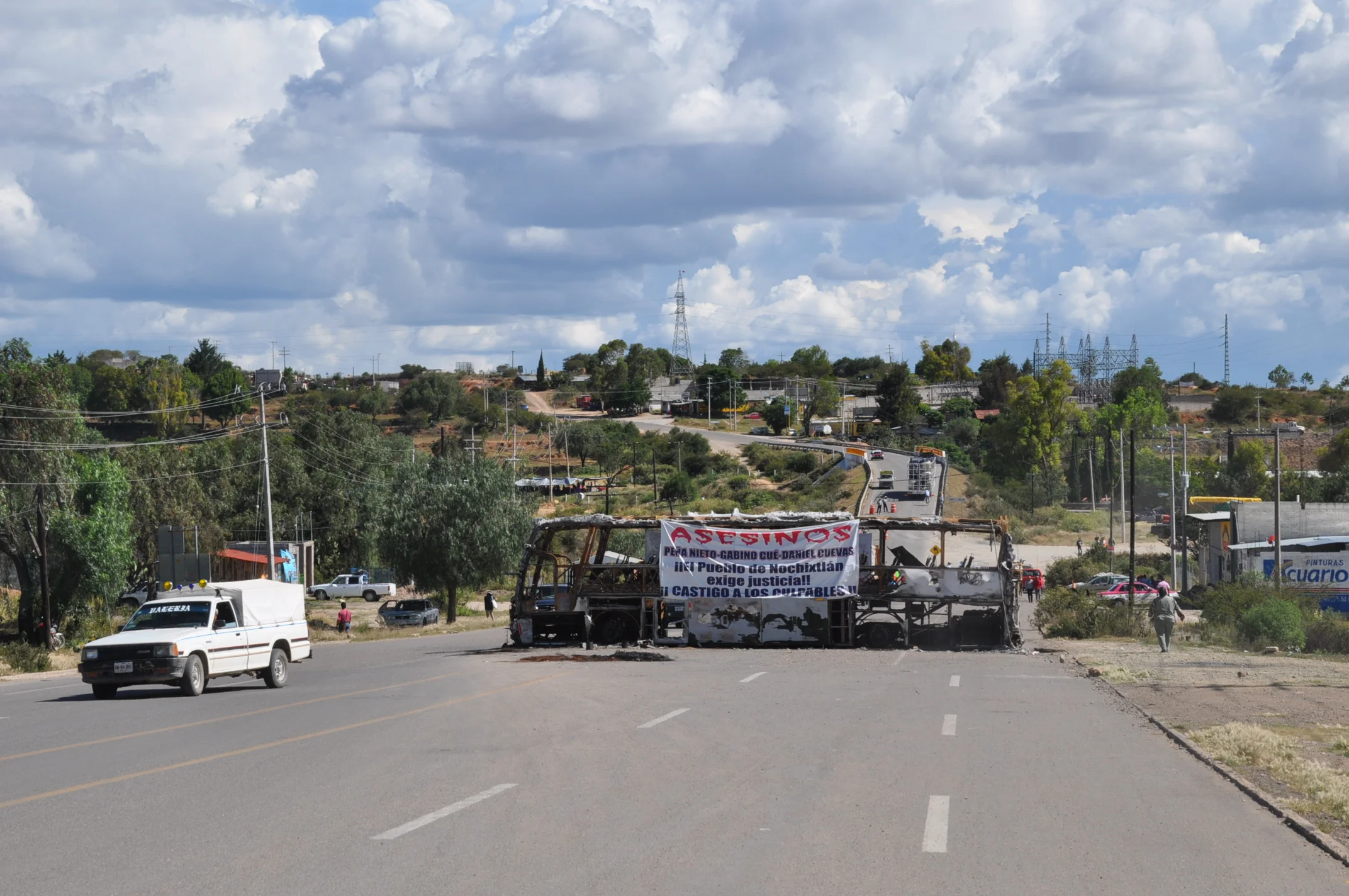Rainbow Flag
The Canadian Embassy in Mexico City has recently been flying the Rainbow Flag alongside the Maple Leaf to mark the Orlando nightclub shooting. The terrorist attack received great attention in Mexico as four of the dead were Mexican citizens and it came only a month after a drug-related shoot-out in a gay bar in Veracruz State (which interestingly received little, if no, international coverage, with cartel violence being the ‘norm’ here). The symbolic act of raising the Rainbow Flag also coincided with ‘Pride Week’, which was celebrated globally last month and has been recognised by embassies and consulates around the world.
Incredibly, Latin America has been a pioneer in championing lesbian, gay, bisexual, and transgender (LGBT) rights. In 2010, Argentina legalised gay marriage. Uruguay and Brazil followed suit in 2013. Then this year, both Colombia and Mexico passed bills which approved equal marriage rights for heterosexual and homosexual couples. Other countries, including Ecuador and Chile, recognise and protect civil partnerships for same-sex couples. Furthermore, Pope Francis, an Argentinian who is hugely loved and respected in this part of the world, said in April that the church should do more to accept gay and lesbian people.
As such, Latin America does well in the ‘Spartacus International Gay Travel Index’, ranking the world’s most LGBT-friendly countries. Pedro, a gay man in Mexico City, told me that “it was amazing to live in a country where same-sex marriage is allowed”.
However, progressive attitudes by many of Latin America’s governments are unfortunately not reflected in the wider populace, with much of the region holding a disapproving stance towards LGBT rights. A deep ‘machismo’ mentality and strong conservative Catholic attitudes (despite Pope Francis’ support) mean that LGBT people are still widely discriminated against and mistreated away from the region’s cosmopolitan hubs.
As an example, a businessman in Mexico City explained to me that the capital was a “multicultural city” which had become particularly “gay-friendly” in the last decade. “The LGBT community are not judged like they used to be, particularly in the higher socio-economic barrios…one can walk around with a same-sex partner and not feel insecure”. But the businessman added it was difficult to refer to Mexico as “one country” when talking about sexuality. “When you leave the big cities here, there is a totally different way of thinking, acceptance, respect and tolerance towards the LGBT community”. This is why the same-sex marriage bill has been so contentious in Mexico.
In a recent survey conducted by the Mexican government, 48% of people asked were against same-sex marriage and 72% of LGBT people believed their rights were not respected. Furthermore, it was concluded that sexual orientation was the third most common cause of discrimination in the country (after socio-economic level and skin colour).
Another interesting figure was that 87% of the LGBT community surveyed said they hid their sexuality while they were at school, likely because it is a subject that is not approached with young students. This is compounded by influential figures in the region commonly using aggressive vitriol to condemn homosexuality. In 2010, a Mexican governor reportedly stated that gay marriage disgusted him and, in the same year, Jorge Medina Estévez, a Chilean Cardinal, said “if a person has a homosexual tendency it is a defect, like missing an eye, a hand, a foot [...] but when it enters the practice of sexual life between people it’s still not acceptable”.
Pedro told me that in Mexico, children were taught to respect LGBT views, but very much on the pretence that “’I respect LGBT…as long as they don’t mess with me’, or ‘I don't have any issues with LGBT, as long as it’s not my daughter or son’". The problem is there are still a lot of conservative families in the region that are educating children with a lot of prejudice and hate towards the LGBT community.
Only a couple of weeks after President Enrique Peña Nieto successfully pushed through the bill to allow same-sex marriage in Mexico, his party, the Institutional Revolutionary Party (PRI), were dealt a blow at regional elections last June – elections that were seen as the dress rehearsal for the 2018 presidential elections. Publicly, a lack of action against crime and corruption were blamed for the PRI’s poor performance. But many in Mexico believe that Catholics (Mexico is Latin America’s most Catholic country) used their vote as a protest to show their disapproval of the homosexual marriage law promoted by the president. A number of PRI politicians subsequently distanced themselves from the implementation of the same-sex marriage bill. A gay man from the north of Mexico told me that in some of the more conservative regions of Mexico “same-sex marriages still had a de-facto ban”.
Violence against the LGBT community also remains a problem in one of the world’s most violent regions. Activists have been murdered in countries including Mexico, Honduras, Chile and Brazil, and transsexuals, who often sell sex as a way to make a living (90% of Brazil’s transgender women are forced into prostitution), face unimaginable physical and mental abuse at the hands of ‘machismo males’. This also covers over a more latent discrimination, which includes few Latin American employers implementing diversity policies and encouraging LGBT employees to keep their orientation quiet.
Slowly, however, inroads are being made by the LGBT community against machismo; against the dominance of the church; and against conservatism in Latin America. This is led, as mentioned, by progressive governments which should only lead to greater inclusion. Pedro told me that although changes were slow, at least “people are talking about sexuality…it is on the table and it will therefore start losing its ‘taboo’”. The businessman added: “There is a bright future for the LGBT community in Latin America. We have a long way to go, but we are talking about the issue and how to fix it…this will eventually break the machismo barrier”.
Finally, last week I witnessed firsthand the support the LGBT population receive in the region when I watched the Pride march in San Jose, Costa Rica, during a visit to the county. I was amazed by the number of participants and support it enjoyed, without a whiff of hostility. People were there to support each other and enjoy life. As the Costa Ricans say, ‘Pura vida’.







